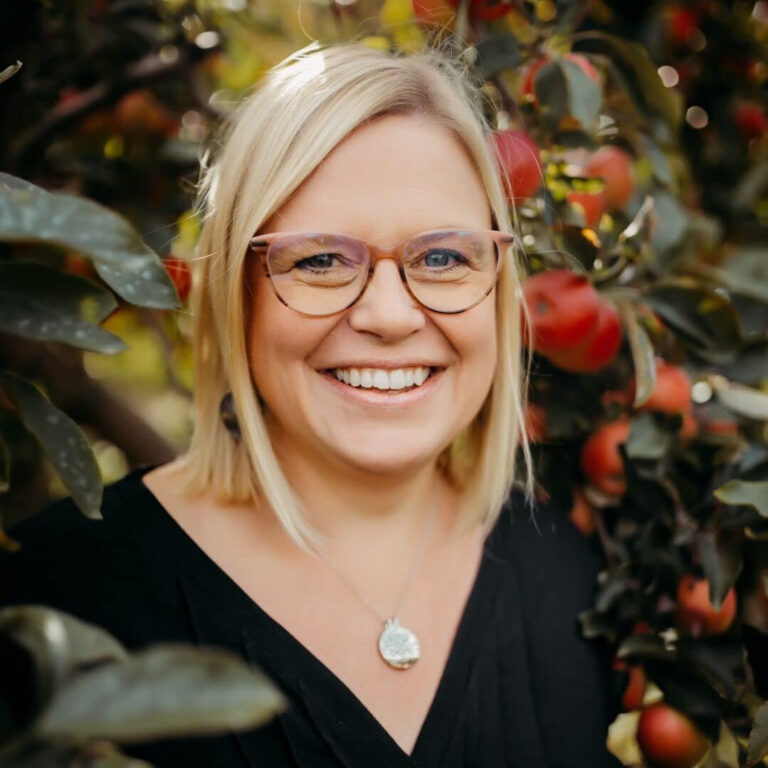“When was the last time you heard the words poem and pulpit in the same sentence? Likely as
not, your answer would be never.” It’s with this challenge and invitation that Nikki Grimes
opens Glory in the Margins: Sunday Poems. Organized in a thirteen-month cycle from January
to January, Grimes offers poetry that could be proclaimed or pondered anywhere, but is written
with the specific intention to be read and experienced during the communal act of worship.
Grimes, a bestselling author of dozens of books for children and young adults, and recipient of
the 2022 Virginia Hamilton Lifetime Achievement Award, also serves as Poet Laureate of her
church. As she explained in her recent interview on the Reformed Journal podcast, this role of
writing and sharing a poem each Sunday is one that evolved naturally, and has become part of
the identity and fabric of her home congregation. Glory in the Margins is a collection born out
of that weekly practice and discipline of including poetry in worship, something Grimes’s own
church now holds so dear that when she can’t be at a service, they enlist other members of the
congregation to take a turn writing and sharing a poem.
Each poem in the collection is inspired by scripture, its place in the calendar year, and is soaked
in prayer. “As a person of faith with a reverence for the Holy Word of God,” Grimes writes, “I
also understand that God welcomes, and even invites, the honest questions of his children, and so
I come to the Word with an open heart, bringing my questions with me.” This spirit of authentic
trust, the kind of faith that is strong enough to hold room for questions, is evident in poems like
“The Sea of Despond,” based on Lamentations 3: “Lowered into the cave/ of despair/ I watch the
darkness thicken./ The blanket of bleakness/ smothers me until/ I can scarcely breathe./ The cave
walls/ echo with laughter/ of my enemies./ Where is your precious Lord, now?/ they taunt.”
Grimes brings her heart to the page in a personal way that is reflective of her own walk and
struggle, but in doing so, opens up space for her community of believers, both those in her
congregation and those who come to the page, to pray, praise, and lament alongside her. In April,
poems move from “women/ wending their way/ to a tomb,” to Earth Day, in which “The Creator
of giants/ he himself/ treads the earth tenderly.” In November, Grimes asks us to consider, “What
does true love look like?/It is a verb, not noun:/ It is the stranger fed/ housed and clothed/ Good
Samaritan-style,” and in the thirteenth month of January, we return “Full Circle,” with the
reminder that God has “marked our calendars/ with trial and blessing/ his holy heart the image/
bleeding off/ the opening page/ with glory in the margins/ redemption and grace stitching/ the
months and years together.”
Grimes’s poems, as the collection’s title alludes, pay close attention to those in both scripture
and society who might be overlooked or pushed to the fringes. As also discussed in Grimes’s
podcast interview, as Black, as woman, and as poet she is uniquely poised to recognize how
“God is always working with people in the margins… revealing himself to those who are open to
the movement of the Holy Spirit.” She warns against the perception of being too enlightened or
sophisticated to see God’s glory and presence. In this way, Grimes’s verse is accessible and
authentic — simultaneously deeply personal and ecumenical. As fellow poet and children’s
author Jaqueline Woodson says, “The more specific we are, the more universal something can
become.” It’s through the specificity of Grimes’s wondering and worship that we draw closer to
God.
Glory in the Margins is a gift and a challenge: a collection that could be well-worn by pastors
and prisoners, could be healing in both a hospital room or busy auditorium, and could offer
inspiration in both the quiet of personal devotion or a bustling sanctuary. Grimes’s words do
what her poem, “Beyond Immersion,” spark by allowing us to “confess our need/ to be blessed/
to soak in his Spirit/ to drown in his love.”

